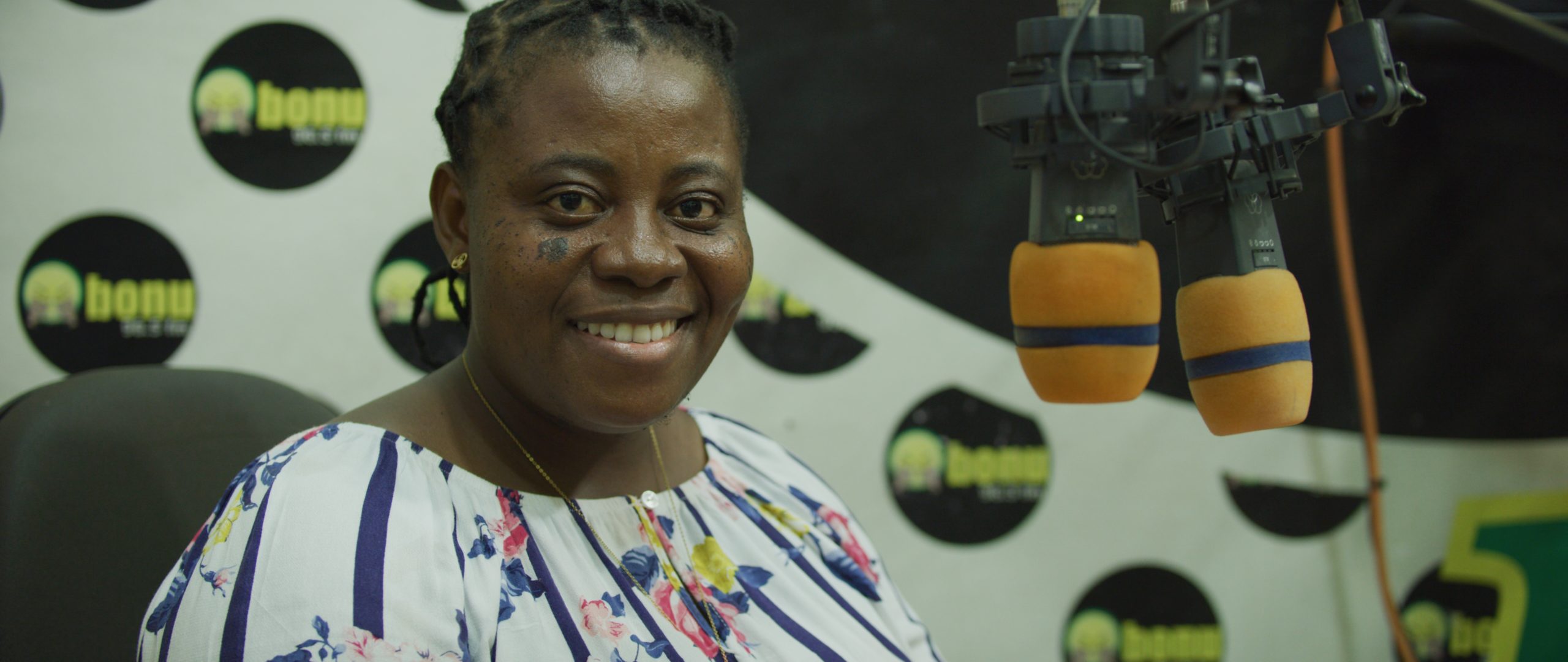The first Director-General of the World Health Organization (WHO), Dr. Brock Chisholm, once said, “without mental health there can be no true physical health.”
Although the world is in the midst of an unprecedented health crisis, this World Mental Health Day, it’s important to consider how the COVID-19 pandemic has impacted mental health. In addition to compromising physical health, the COVID-19 pandemic has limited the resources available to those with mental health needs – particularly in low- and middle-income countries.
Far too often, mental health is swept under the rug, but it is a critical component of Sustainable Development Goal (SDG) 3.4: By 2030, reduce by one third premature mortality from non-communicable diseases (NCDs) through prevention and treatment and promote mental health and well-being.
Access Accelerated is connecting with NCD champions around the world to reflect on how advocates and health leaders from different countries are managing the COVID-19 crisis while continuing to address and accelerate NCD prevention, treatment and care.
Martha Coffie, vice president of the Mental Health Society of Ghana (MEHSOG) and a lived experience advocate with the Ghana NCD Alliance, is one of these champions —who is working to break stigmas and drive action on behalf of people living with NCDs.
Below are her thoughts on the path forward for more inclusive health systems that center on the needs and lived experiences of people facing mental health conditions, especially during the COVID-19 pandemic.

How are you doing during this time of uncertainty? How is the COVID-19 situation in Ghana?
To tell you the truth, it hasn’t been very easy for me during this COVID-19 period. Without any source of income, I only have to depend on little handouts from some few good people. Also, the fear and panic attached to the deadly pandemic alone has brought a lot of emotional stress and traumatic tension to everyone. It has also compounded and escalated spikes of those living with mental health conditions, creating a lot of relapses and mood swings for sufferers of mental health problems and leading to stigma toward those affected with COVID-19 and their families.
The overall situation of Ghana is that people have lost their jobs and economic capital. This makes life very difficult for the masses and especially those of us living with NCDs and disabilities. The government made some interventions but a portion of the population was left out – people living with NCDs and their caregivers.
The three major psychiatry hospitals, the Ghana mental health authority, the Mental Health Society of Ghana (MEHSOG), and a coalition of NGOs are calling on the government to put emergency/safety response measures in place as quickly as possible. This will help us address the overwhelmed capacity for rendering care, support and services to the high numbers of those affected by the current pandemic situation, and those already living with mental health conditions.
What are the priorities for the Mental Health Society of Ghana (MEHSOG) for the remainder of 2020 and into 2021?
MEHSOG has asked the constitutional review committee and the Ghana Law Reform Commission to consider the reversion of sections of the country’s laws that criminalize suicide. Since people who have died by suicide or attempted suicide suffer some form of mental disorders, they should instead be referred to the appropriate mental health facility for counselling and treatment. We are seeking to raise more awareness on causes of suicide, support prevention, and share information on how to get help and support.
MEHSOG together with Time to Change Global (a social movement challenging mental health stigma and discrimination) and CBM (a Christian development organization) launched an anti-stigma and discrimination campaign from March 2019 to October 2020. Approximately 30 selected persons with lived experience in mental health were trained to become community mental health champions that lead public education and information on mental illness, diseases or conditions. In addition to collecting data, they will help curb stigma/discrimination and reduce negative behavior and intensions toward people with psychosocial disabilities. Going forward, MEHSOG is also prioritizing livelihood, recovery and daily therapeutic rehabilitation.
What actions or resources are needed to better support people living with or affected by mental health conditions?
Livelihood is a key part of recovery and rehabilitation. During the course of treatment when the person is so ill, if you get them occupied in doing something, they are able to concentrate, and that helps in their recovery rather than sitting idle. One doesn’t need to be an expert to buy into the idea that supporting people to become economic contributors to themselves and less a perceived burden to their families—in addition to medical treatment—is a sound way of helping them to recover not only faster, but also effectively. This is why we at MEHSOG are focusing more on finding avenues and opportunities for people with mental health conditions to have a means to basic livelihood needs.
Until, the government—and all government agencies and NCD stakeholders—listen to our needs and recommendations and make concerted efforts to address the day-to-day challenges we face in our health care journeys and basic livelihood support systems, then there is nowhere we, as people living with NCDs, will have or get our needed resources from. We are left to our fate alone!
Learn more about Martha’s work and her story here: